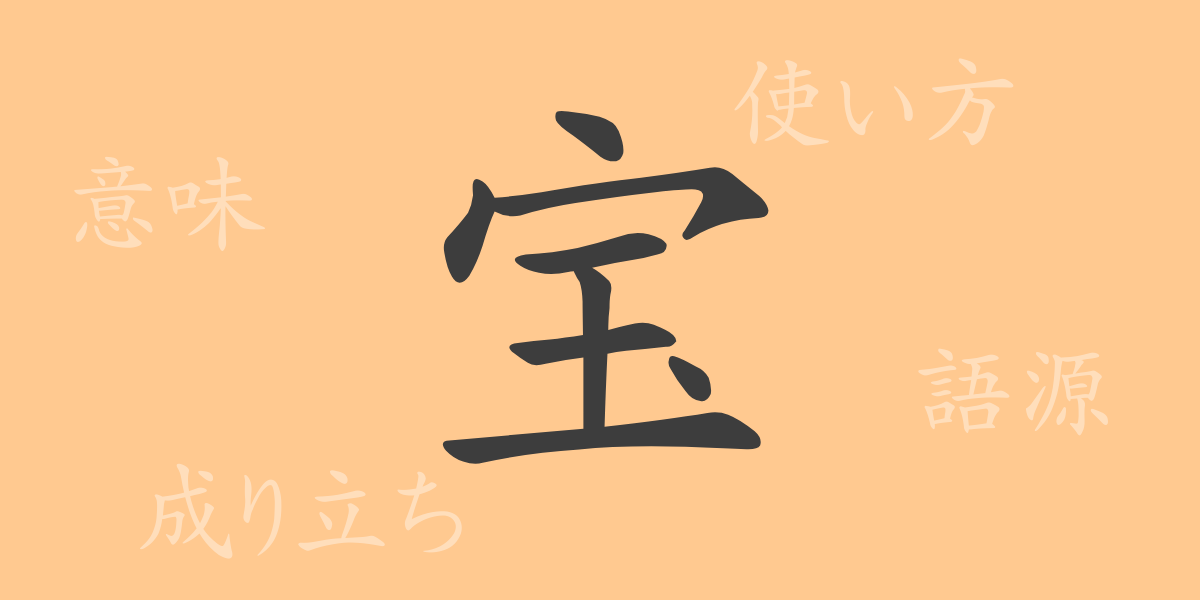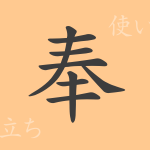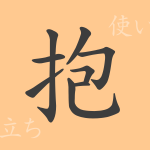Japanese culture is imbued with profound meanings conveyed through its words. Among these, the kanji “宝” (takara) has symbolized valuable treasures throughout history. This article delves into the allure of the kanji “宝” (takara), exploring its origins, modern usage, and the rich expressions it carries. Let’s uncover the meanings embedded in each character and delve into the world of “宝” (takara) that seamlessly integrates into our daily lives.
Origins of 宝 (takara)
The kanji “宝” (takara) is a character passed down from ancient China, used to signify precious items or wealth. This kanji is composed of “貝” (kai), representing treasure, and “缶” (kan), symbolizing the act of enclosing treasures. As shell currency was used in ancient times, it came to denote valuable items in general. Eventually, it was introduced to Japan, where it became a word with various cultural significances.
Meaning and Usage of 宝 (takara)
The kanji “宝” (takara) literally means “precious item” or “valuable thing.” However, it can also refer to specific valuable items like “宝物” (takaramono, treasures) or “宝石” (houseki, gemstones). Additionally, it is used to express abstract values, such as in “人生の宝” (jinsei no takara, the treasure of life). Words like “国宝” (kokuhou, national treasure) or “家宝” (kahou, family treasure) indicate items of cultural or historical significance.
Reading, Stroke Count, and Radical of 宝 (takara)
The kanji “宝” (takara) is one of the commonly used kanji in Japan.
- Reading: It is read as “ホウ” (hou) in on’yomi (Chinese reading) and “たから” (takara) in kun’yomi (Japanese reading).
- Stroke Count: It consists of 16 strokes in total.
- Radical: The radical is “宀” (ukanmuri).
Idioms, Proverbs, and Phrases Using 宝 (takara)
There are numerous idioms, proverbs, and phrases in Japanese that include “宝” (takara). For instance, the idiom “宝の持ち腐れ” (takara no mochigusare) refers to the waste of not utilizing something valuable. The phrase “身近な宝” (mijika na takara) points to precious things that are often overlooked in daily life. The term “国宝級” (kokuhoukyuu) is used to describe someone or something of extremely high value.
Summary of 宝 (takara)
Through this article, we have gained a deeper understanding of the historical background, cultural significance, and everyday usage of the kanji “宝” (takara). “宝” (takara) encompasses not only visible precious items but also cherished values and memories hidden within the heart. When encountering the kanji “宝” (takara) in Japanese words, we hope you recall its rich history and culture, and find renewed appreciation for its value.

























